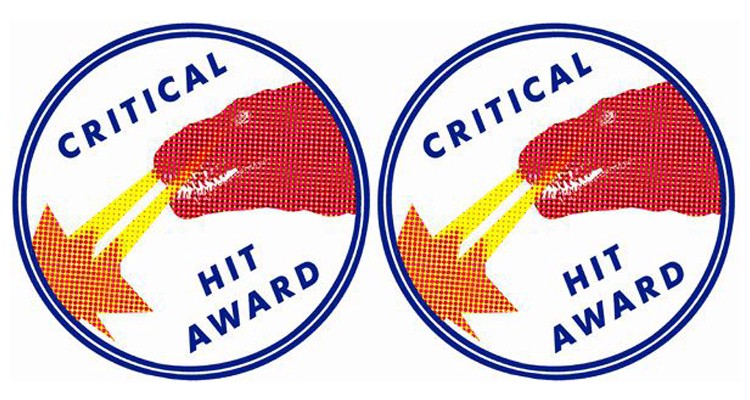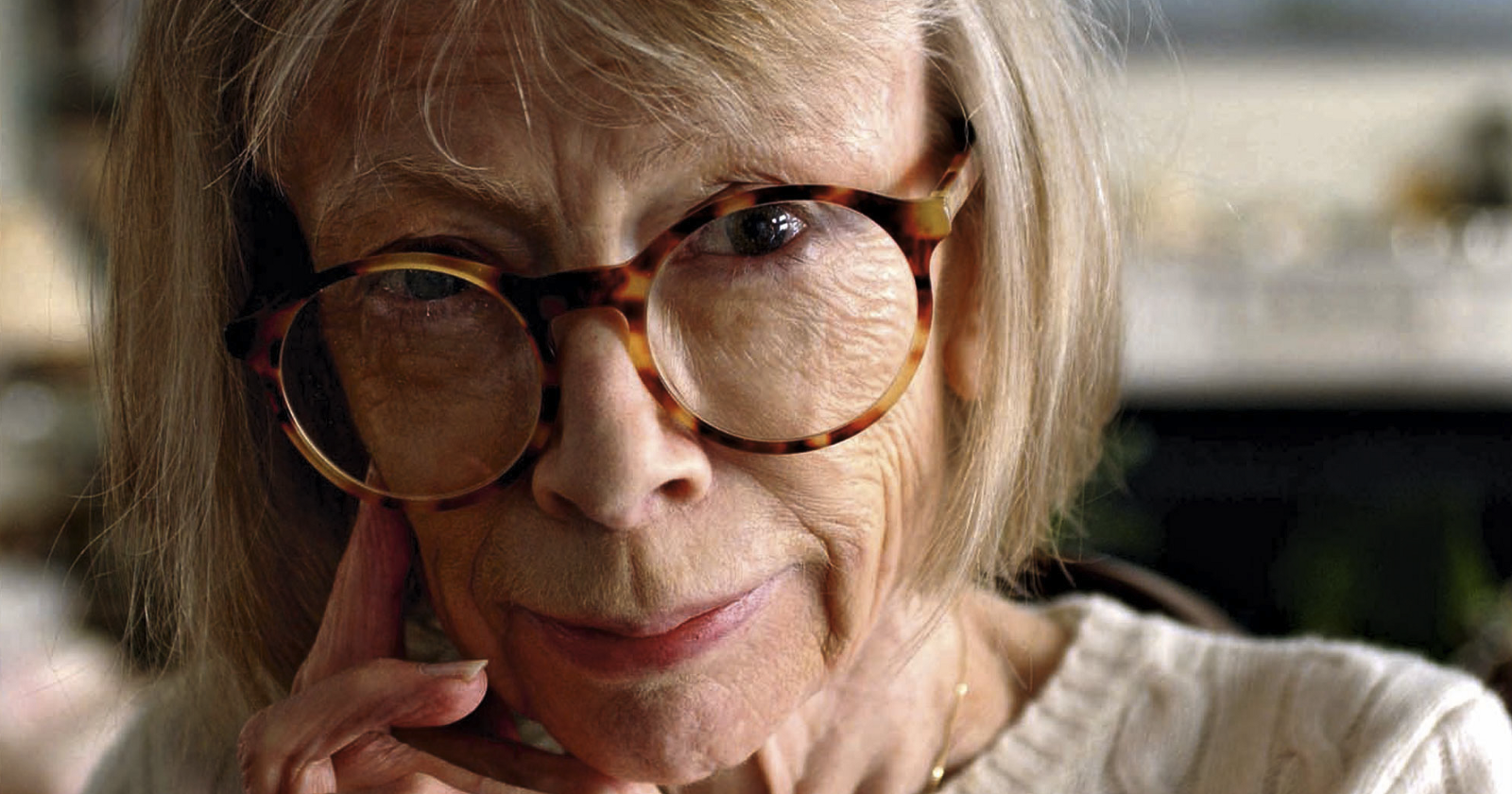Reading Lists
CRITICAL HIT AWARDS: Winners Picked by Lincoln Michel of Gigantic

Welcome back to the Critical Hit Awards for book reviews. This is a round-up, a recommended reading list, and — why not? — a terribly prestigious and coveted prize. Winners receive a bang-up gift from Field Notes, our beloved sponsor. Nominate your favorite recent review by tweeting it at @electriclit with the hashtag #criticalhit, or cast your vote in the comments section below.
Our guest judge is Lincoln Michel, a co-founder and co-editor of Gigantic.
Electric Literature: You went negative on us, Lincoln. All of the winners you picked are negative reviews. Why?
Lincoln Michel: I purposely sought out negative or, at the very least, mixed reviews. I tend to need constraints for something like this, and it was easier to narrow down this way. But I guess more importantly I think that intelligent negative reviews are an important part of critical culture, and they seem to be disappearing. (See Jacob Silverman on the topic.) The idea that we should always be nice and positive when reviewing is very common.
Let me make it clear that I don’t blame reviewers.
Most reviewers don’t lie, they just don’t bother reviewing books they don’t like.
Unless you are employed as a critic — a rarity these days — then you really only write reviews now and then to (maybe) make a small amount of money or to help build up your profile as a writer. When that’s the case, why write a negative review? So you can irritate that writer’s agent or editor who you wish to become your agent or editor? So you can get a barrage of angry comments about how you are a “hater”? So that writer can spit on you at a party? And then there are the other common arguments about how in an era when everyone is worried about the state of publishing, why risk hurting book sales. Shouldn’t we just promote what we like?
My belief, though, is that as our critical culture withers, we — readers, critics, editors, writers — actually think and talk less intelligently about books. You don’t see this aversion to negative reviews in music, film, or TV criticism. Consequently, it is often easier to find a spirited and challenging discussion of the latest Mad Men or Breaking Bad episode than the latest major novel… at least in public.
So, yeah, that’s a long-winded way of saying that I think negative reviews are important and deserve to be highlighted. I have also found that negative reviews are often more enjoyable to read, even when I disagree with them. They force me to think.
One of the winners you picked is a negative review of David Shields. He seems to be one of those villains — Tao Lin and James Franco being others — who allow critics to put on a white hat and ride to our rescue, playing the good guys for once. Do critics need villains?
Hmm, that’s an interesting question.
Part of what is important about critical reviews is that they force a critic — and then the reader — to take a stand.
Individually, some critics may need to define their ideals by slaying “villains.”
If what you mean is critical pile-ons, it is probably true that negative reviews tend to clump around a handful of authors. Part of that is because only popular writers warrant negative reviews in many people’s eyes. Why waste space attacking a mid-list author who few people will read anyway? Another reason may be that since negative reviews are frowned upon, but critics still have a desire to occasionally be critical, certain writers become safe outlets. Once one critic writes negatively about a book, other may feel free to join in.
That said, I wouldn’t personally lump those writers together. James Franco is a writer that everyone seems to love to hate on. (Although personally I think celebrities could be doing much worse things than promoting poetry and Faulkner.)David Shields and Tao Lin strike me more as legitimately controversial authors in which critical opinion is truly divided. I know that some of the most bitter, and also interesting, discussions among my friends have been about the latter two. When I wrote my own negative review of Reality Hunger, I felt like it was one of the few negative reviews of a book that was otherwise getting lavish praise and an all-star line-up of blurbs. In the years since, I think the reputation of that book has cooled a lot though.
You’ve been drawing a lot of comics lately, if I’m not mistaken. Where does that impulse come from? Does illustrating a knock-knock joke make you feel like a kid again, or does it arise from a very complex appreciation of Calvino and Borges (and Jack Handey and Félix Fénéon)?
I do draw comics now and then (you can see them here). I’d like to say it comes from a complex appreciation of those authors — and I deeply love all four, some of my biggest influences — but probably I just secretly wish I was a comedian. It’s liberating to work in another art form.
Kickstarter! Wow, right? You more than doubled your fundraising goal for Gigantic Worlds, the anthology of science flash fiction that you’re publishing with stories by Jonathan Lethem, J. G. Ballard, Lynne Tillman, etc. Is Kickstarter the future?
Thanks! Kickstarter worked very well for us, and we really couldn’t be happier with the experience. However, since I’m promoting critical reviews here, I guess I might as well express some criticism of the crowdsourcing model. I think Kickstarter is fantastic for specific projects by smaller organizations that couldn’t get funding otherwise. In that model, Kickstarter works really effectively as a preordering system.
So that’s great. The downside is that we seem to be moving to a mindset in which paying for art (whether films, books, music, etc.) is a form of charity. The New York Times had a good article on how Kickstarter functions as part of a gift economy. I think this is true and great to an extent. But my fear is that we shift to this idea that artist should make everything for free and we should be able to consume as much as we want without paying, unless we feel like it. I don’t think that’s a healthy place for a society to be. Especially when the money saved compensating artists is just going to massive, exploitative companies like Apple and Microsoft. I’ve heard people actually say things like, “I can’t afford to pay for books. I just spent 500 dollars on this iPad!”
And the winners are…
Dear Life by Alice Munro
Reviewed by Christian Lorentzen at the London Review of Books
When I asked my critic friends what recent reviews stood out to them, the most frequently mentioned was Christian Lorentzen’s skewering of Alice Munro’s oeuvre. Whether you agree or disagree with Lortentzen, the review is sharply written, piercing, and — somewhat rare for book reviews — really enjoyable to read.
“So she writes only short stories, but the stories are richer than most novels. Over a career now in its sixth decade, she’s rehearsed the same themes again and again, but that’s because she’s a master of variation. She has preternatural powers of sympathy and empathy, but she’s never sentimental. She writes about and redeems ordinary life, ordinary people — ‘people people people’, as Jonathan Franzen puts it.”
(If you want a good response, consider reading Kyle Minor’s defense of Munro in Salon.)
My Education by Susan Choi
reviewed by Emily Cooke in The New York Times
Emily Cooke is an extremely thoughtful and serious critic. Here recent review of Susan Choi shows her admiring much of the novel, smartly placing it in a larger cultural conversation, but ultimately finding it falling flat:
“…the somewhat indiscriminate attentiveness of her prose tends to plane smooth the texture of her narratives. A trivial dinner conversation in Choi’s hands receives the same careful scrutiny as a life-altering betrayal. The effect, in the end, is of a keen but somewhat purposeless talent. The more sweepingly Choi applies her considerable gifts, the more difficult it is to say what particularly matters to this writer and why.”
Night Film by Marisha Pessl
Reviewed by Michelle Dean in Flavorwire
Marisha Pessl’s newest novel is getting very polarizing reviews (here is Janet Malsin eviscerating it in The New York Times and here is Amanda Bullock lauding it in Everyday eBook.) I enjoy how Dean focuses on Pessl’s use of faux-internet ephemera, explaining why she thinks Pessl fails, but also how writers could do better incorporating the internet into fiction.
“When the narrator writes of ‘setting up a post’ on the Internet or ‘like and dislike’ buttons, it’s a signal that the author herself is not online much — which means that this novel’s attempts to mimic certain Internet effects are, at best, half-assed.”
How Literature Saved My Life by David Shields
Reviewed by JW McCormack in The New Inquiry
JW McCormack’s biting review of David Shields’s How Literature Saved My Life is the most entertaining book review I’ve read this year. McCormack is equal parts hilarious and insightful, deftly skewering Shields by his own logic:
“Liberally sprinkled quotes define Shields’ disease. Here’s E.M. Cioran from Tears and Saints: “The universe is a solitary space, and all its creatures do nothing but reinforce its solitude. In it, I have never met anyone, I have only stumbled across ghosts.’ Shields’ faith that ‘appropriated and remixed words [embody] my argument’ doesn’t always serve him; Cioran sounds on the mark, but Shields’s ventriloquizing Pierre Menard sounds a tad shrill. He’s clearly met someone, or his book wouldn’t be so saturated with sentences curbed from former students or letters to and from famous friends.”
(I hope the reader will forgive me for listing a review that briefly mentions a review of my own, but McCormack’s review really deserves a read.)
***
Congratulations to our winners! Please contact Brian Hurley to claim your Field Notes prize.
Read a good review lately? Nominate it for a Critical Hit Award by tweeting it at @electriclit with the hashtag #criticalhit or cast your vote in the comments section below.
***
– Lincoln Michel is a cofounder and coeditor of Gigantic. His fiction and criticism appear in Tin House, The Believer, NOON, The Paris Review Daily, and Electric Literature’s Recommended Reading.
– Brian Hurley is Books Editor at The Rumpus, Curator of the Critical Hit Awards, and coeditor of Fiction Advocate.









